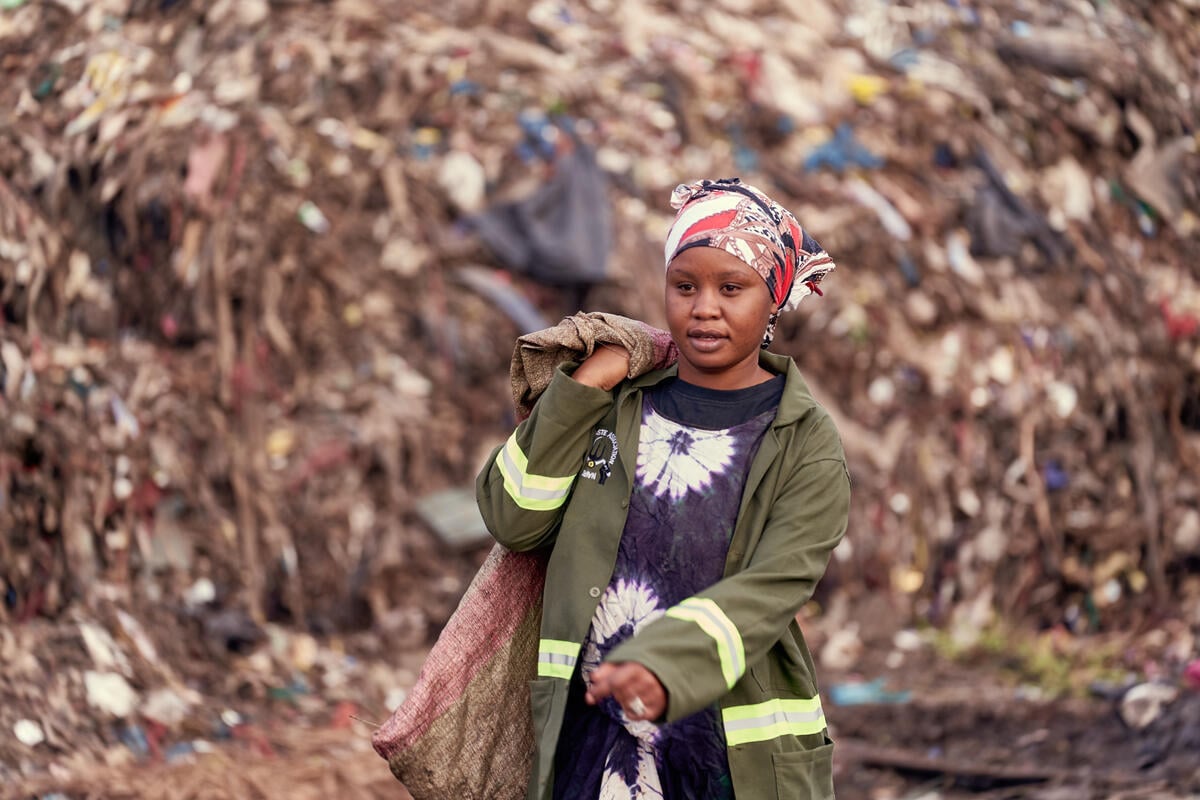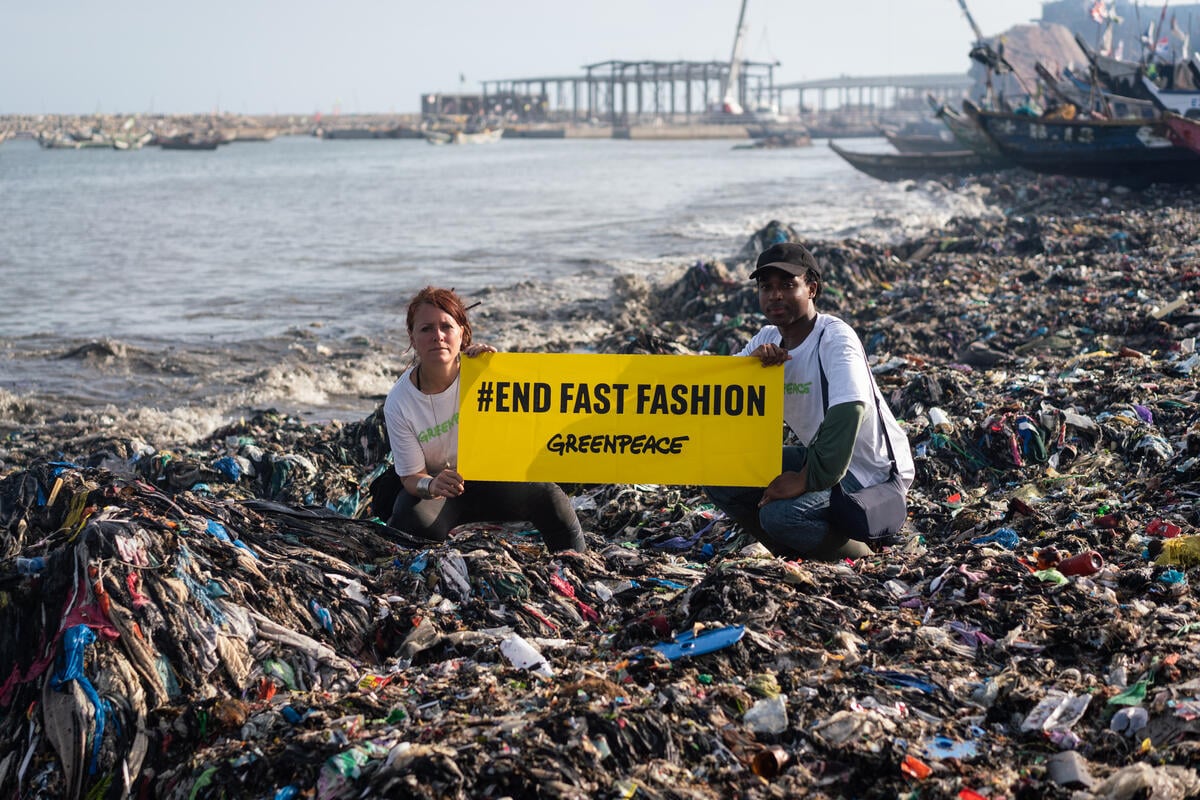It’s time to stop buying things that don’t “spark joy”.
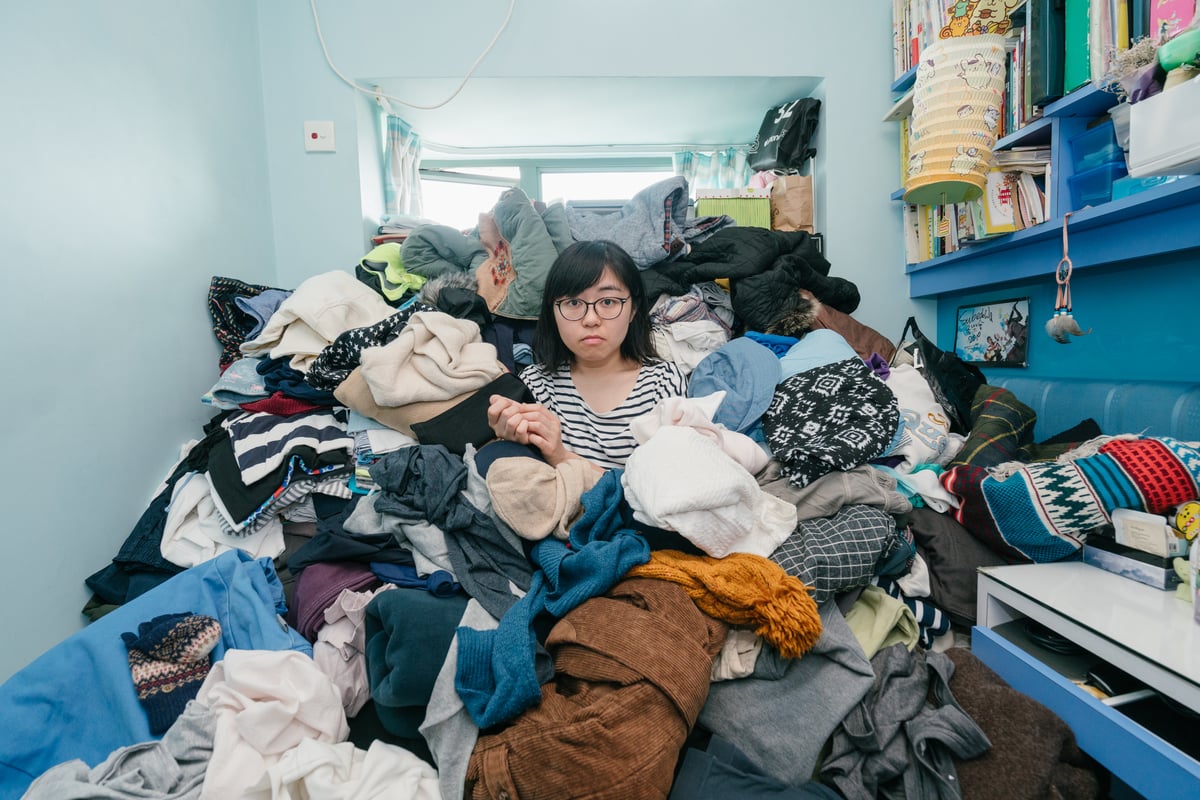
According to a survey conducted by Greenpeace, a significant proportion of interviewed shoppers said that once the excitement of shopping has worn off, they often feel even hollowed by the experience of purchasing new items.
I couldn’t sleep. It was 3am and all I could think about was the laborious task I needed to complete. Would I take the black skirt or the blue one? The silk shirt or the cashmere? And shoes. What about shoes?!
I was about to embark on a long holiday, traversing seasons and oceans and was consumed with the crippling decision of what stylish, comfortable, and versatile outfits to pack in my suitcase. A necessary job that should only take a few hours, took me…days. Quite simply, I was faced with a mountain of clothes, an overwhelming amount of choice, and a very, very messy room. If only I had Marie Kondo in my life…
#MarieKondo's packing tips are pure GENIUS (and sooo satisfying to watch, tbh). pic.twitter.com/7U7bi5fWNL
— InStyle (@InStyle) January 12, 2019
Thanks to the Netflix show triggered by her best selling book, Marie Kondo has become a household name for all de-cluttering and re-organising woes. Hoarders be damned. There’s a global cleaning binge happening right now and there are no excuses. For the obsessive-compulsive worshippers who swear by the “life-changing magic of tidying up”, the reward is a neatly stacked drawer, a fresh take on folding, improved relationships, and a designated place where you’ll always find your keys. Who doesn’t want that?!
But before carting away the garbage bags of clothes and the boxful of books, there’s the underlying message: stuff does not make us happy. By using the “KonMari” method of piling everything by category rather than location, we are faced with the honest truth of what we own, not to mention the realisation of time, energy, and environmental resources that has gone into producing these goods, many of them unwanted. When our garages, closets, or unreachable shelves are filled to the brim, so are the Earth’s natural resources.
So are you ready to Kondo? Here’s what to keep in mind, not just for your home’s sake, but also the planet.
Shopping ≠ joy
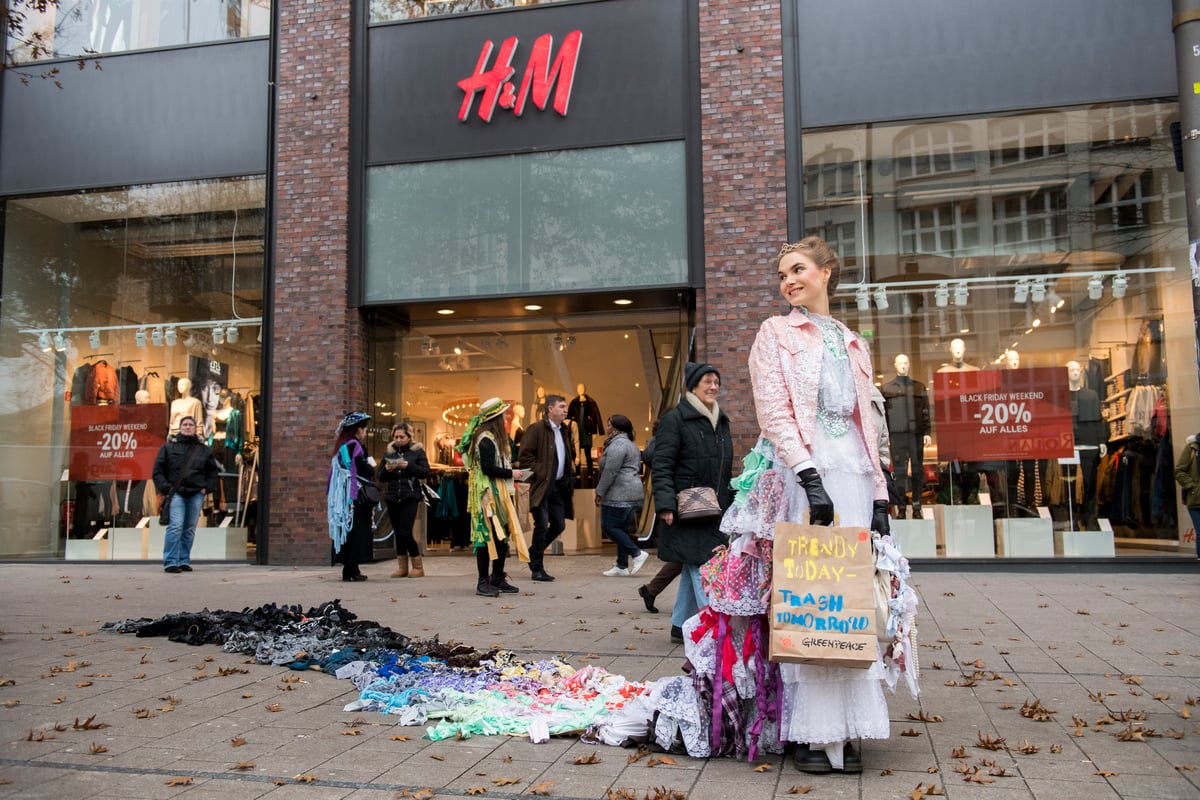
This “Trash Queen” wears a seven metre long train made from used clothing. Greenpeace activists present the Trash Queen as an ambassador of the Detox Our Fashion campaign and call on the public to pursue a sustainable fashion lifestyle. The message on the paper bags reads: “Trendy today – Trash tomorrow”.
At the heart of the KonMari method is asking yourself: ‘does it spark joy?’ As a contender for mantra of 2019, it makes sense. Why do we buy unnecessary things only for it to take up both physical and mental space?
Whether it’s a Black Friday, Cyber Monday, or Singles Day sale, “joy” is not stemmed from shopping and owning the latest “it” products. Today’s trends are tomorrow’s trash, and global fast fashion brands are churning out more clothes than the planet can handle. Rivers and oceans are used as a dumping ground for hazardous chemicals, materials like polyester shed micro-plastic fibres that don’t break down and instead leak into our oceans, and the people behind making our clothes are often under poor working conditions and are paid unfairly.
What we need instead is a cultural sea change where we truly value our goods and keep them for as long as possible. Movements such as Make Smthng and Fashion Revolution are all about bringing people together and hosting workshops that teach communities how to repair, recycle, reuse, and upcycle, showing how all kinds of immaterial values can be gained if we start making and buying less. Shopping for short-lived trends or a fun clothes swap with your friends – what sparks more joy?
We’re living in a crisis of convenience
Every single minute, the equivalent of a truckload of plastic enters the ocean, harming marine life and entering seafood supply chains around the world. While it is often thought that recycling is part of the solution, the fact is that only nine percent of the plastics ever created have actually been recycled, and places in the global south often become a dumping ground of waste from the developed world.
What may have once been a tool of efficiency, single use plastic (and cheap plastic stuff for that matter) are a burden on the planet. For a long time, corporations have tried to pass the blame and responsibility to the public so they can continue churning out cheap throwaway packaging in the name of profit. But in 2019, companies like Coca-Cola, Pepsi, Unilever, Procter & Gamble, and Nestle need to make real commitments to reduce their production of throwaway plastics immediately.
Living zero waste and searching for sustainable alternatives is as achievable as spending a weekend cleaning out your room. After all what what does “joy” look like – an ocean full of fish or an ocean full of plastic?
Image means nothing
Is there a heaven for forgotten gadgets? With the amount of smartphones and other non-stop evolving tech products on the market it would seem so. Instead, “gadget heaven” is the back of a drawer, tangled up in a sea of unusable USB cables and a landmine of cracked screens.
This year, Apple is already apparently set to release three new versions of the iPhone, despite the fact that Apple sales are lacklustre, with customers feeling overwhelmed and unimpressed with upgrading or purchasing something that doesn’t seem any different than their existing device.
Fed up, citizens in the EU and parts of the US are calling for the “right to repair” to force manufacturers to make products designed to last. When Apple admits that it deliberately has been slowing down older iPhones, or Samsung designs non-replaceable batteries, companies like iFixit are empowering consumers who are demanding quality rather than brand new and shiny. What would bring joy? A phone we can count on to be easily fixed if it breaks or when the battery wears out.
Shuk-Wah Chung is a Writer and Content Editor for the Communications Hub at Greenpeace East Asia. Follow her on Twitter here.
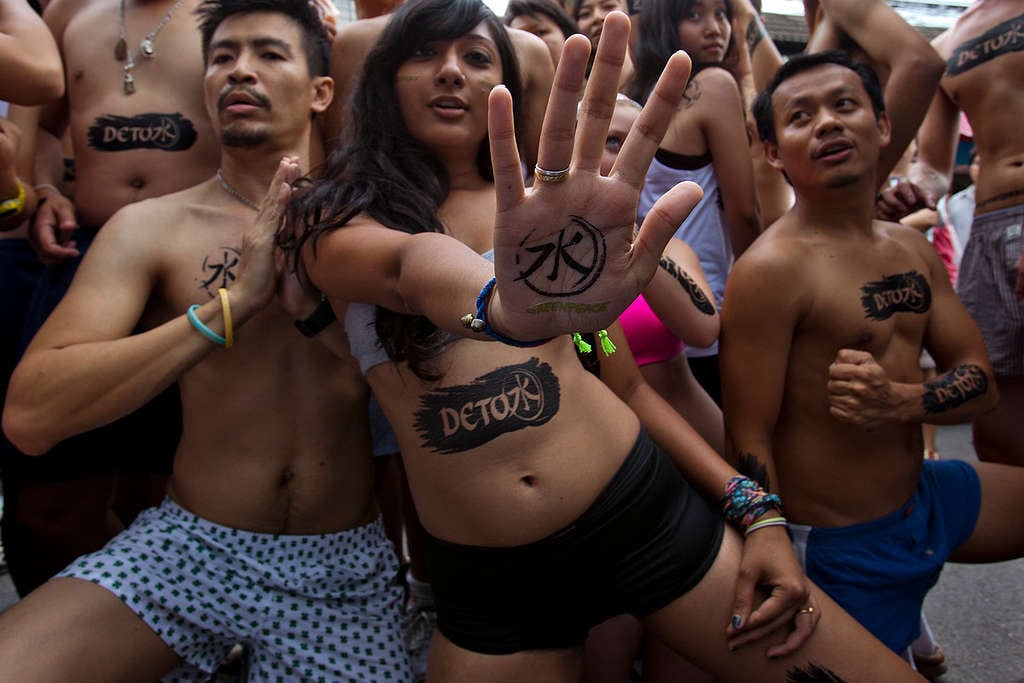
Global fast fashion brands are churning out more clothes than the planet can handle.
Take action
